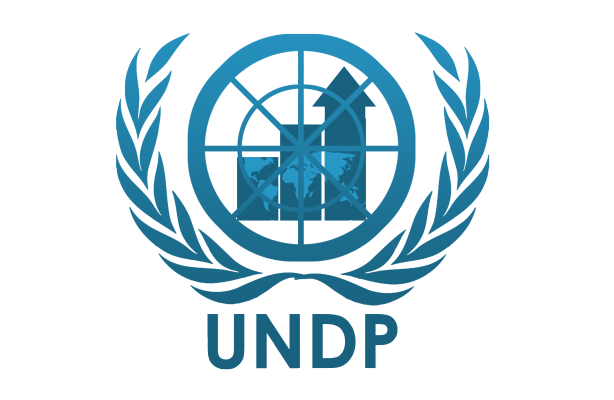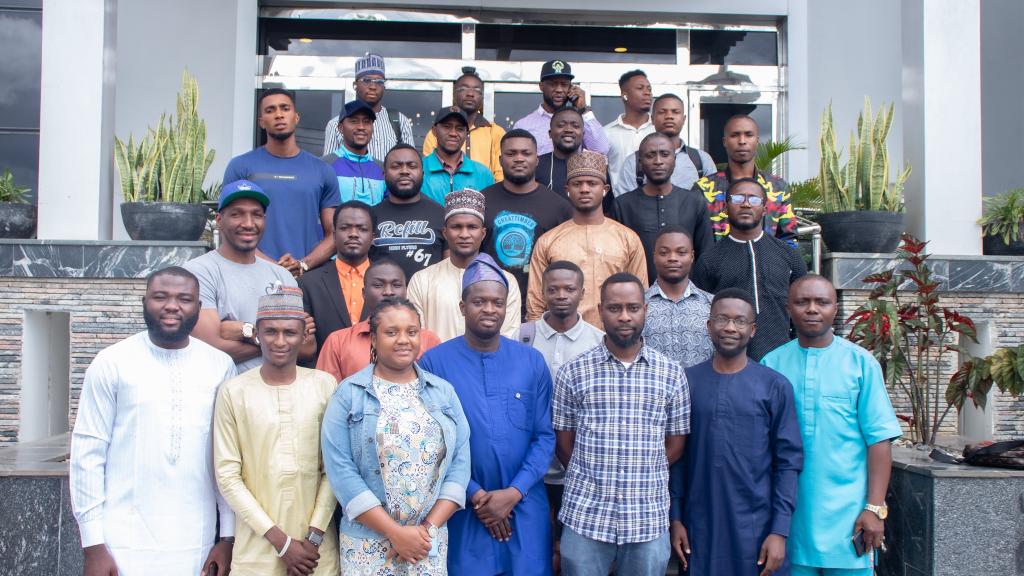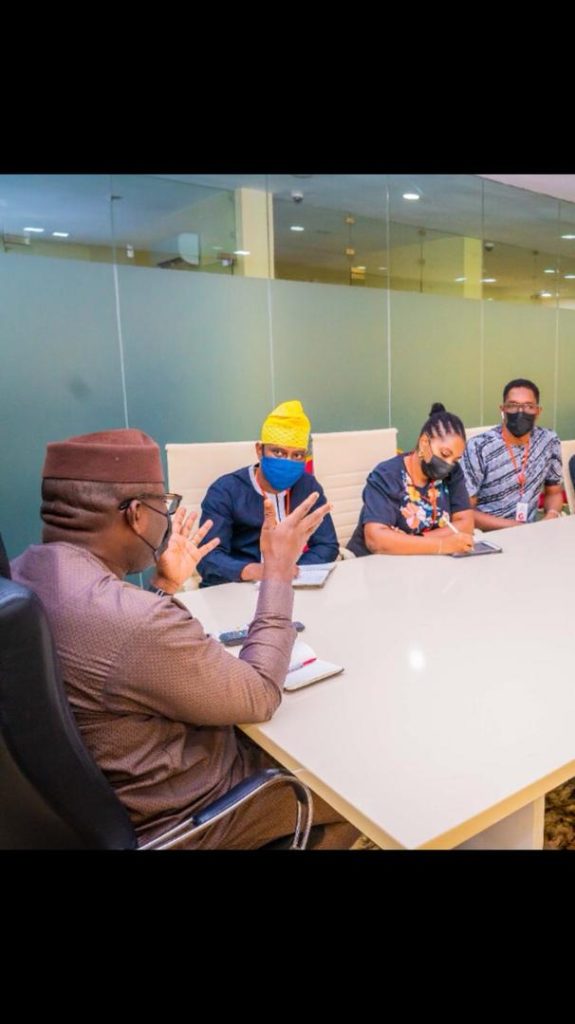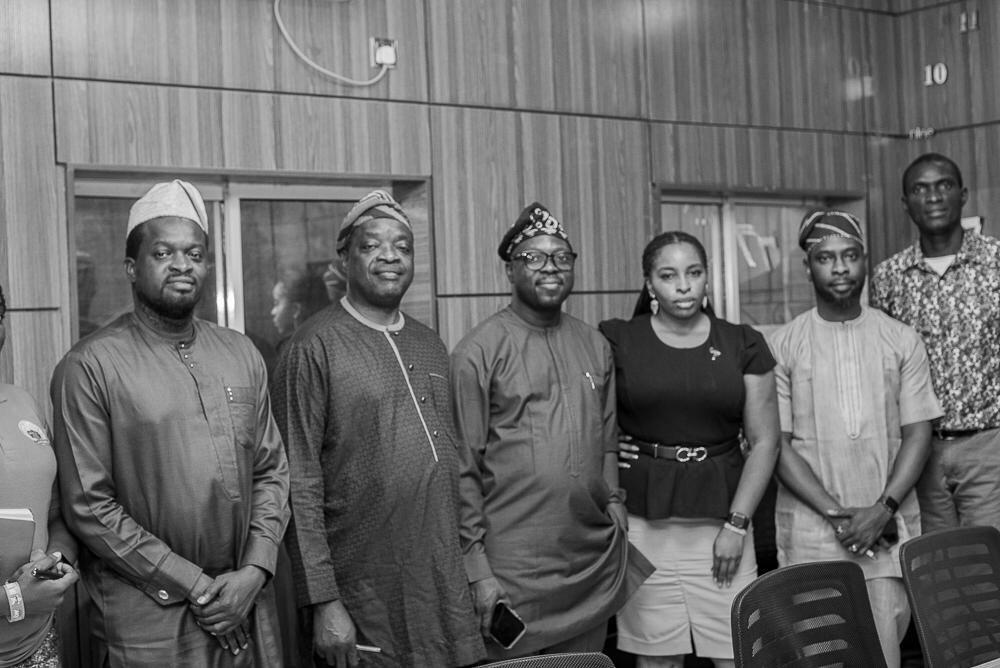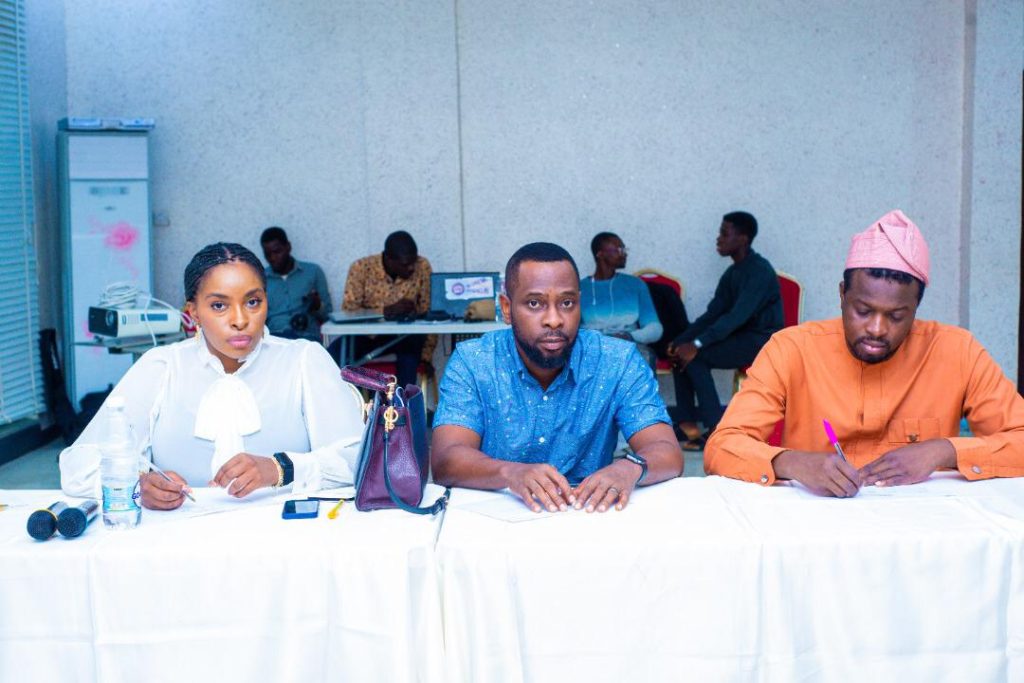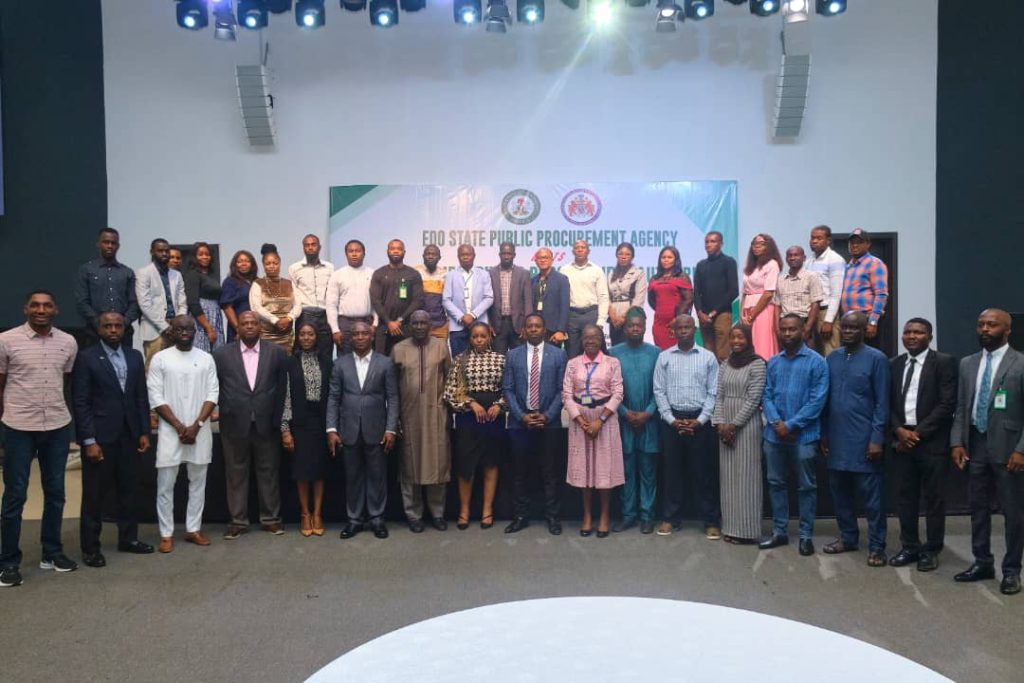From Daniel Dauda, Jos
Worried by the age long gap existing between the government and the general public in terms of effective service delivery, the media (Journalists), Civil society organizations, CSOs, as well as Tech-Prenuers has been identify as the critical stakeholders in achieving public procurement process (PPP).
This was formed part of the discuss at the four days capacity building engagement for Media, CSOs and technology entrepreneurs by Accountability LAB Nigeria, 2022 HACKATHON in collaboration with the United Nations Development Programme (UNDP), held at Valada Hotels, Jos.
Country Director Accountability LAB Nigeria, Friday Odeh laments that over the years there is a huge disconnection between Government and the public in procurement process that is why as anti-corruption establishment were concerned about integrity, innovation in governance.
” We are yearning for dividends of democracy, we want people to engage on governance process to ensure positive transformation in the society. The quest for transparency and accountability in public procurement cannot be achieved without the media, civil society organizations and other critical stakeholders who in turn can reach out to the larger society and guide them on how to contributes their quota in procurement process”.
Odeh said Accountability LAB Nigeria is currently running their programmes in three states of Edo, Ekiti and Plateau.
Giving an overview of anti-corruption innovation project of two years timeframe in the public procurement sector, project officer Accountability LAB Nigeria, Shiwua Mnenga revealed that Nigeria is ranked 149 out of 180 on the global perception index.
He pinpoint four objectives working upon to ensure the actualization of procurement processes this includes; improved Government procurement data including public access open contracting data standard (OCDS), improved monitoring and oversight by anti-corruption agencies, strengthen institutional capacity for technology uptake and catalysed data use for advocacy, monitoring and feedback mechanisms by non-state actors.
Speaking on procurement and corruption reforms in Nigeria, Charles Mbah of Dataphyte said 30% of Government expenditure comes from tax payers.
He opines that for procurement process to be more effective it has to undergo certain stages which includes; needs assessment, budget, procurement, budget implementation and audit report
Mbah further revealed that based on their findings, the zonal budget (zonal intervention project or Constituency project) given to law makers to the turn of N100million only 30% that have been used for the past four years.
He urged Journalists and civil society organizations to have budget bill of quantity in tracking public contract as far as procurement is concerned to hold Government accountable.
However, director general of Plateau State Bureau of public procurement agency, Peter Dogo who described the training as timely acknowledged that Plateau State Government is into partnership with Accountability LAB Nigeria.
Dogo further explain that the major aim of procurement is to make the public understand what the government is doing. Adding that” in Plateau we do two methods of procurement, e-procurement and electronic procurement others are in paper.
“We promised to upgrade next year 2023 because currently only 4 out of about 85 ministries department and agencies (MDAs) on the Plateau are profiled for procurement. Our doors is open for engagement as far as procurement on the Plateau is concerned!
Meanwhile, the participating Journalists, civil society organizations and Tech-Prenuers at the end of the training vowed to constantly and constructively engaging Government to ensure good governance always brought to the facets of Plateau and Nigeria as a whole.
Source: Champion Newspaper Limited
Last modified: December 9, 2022

